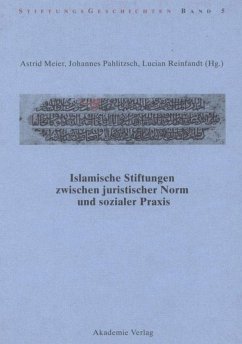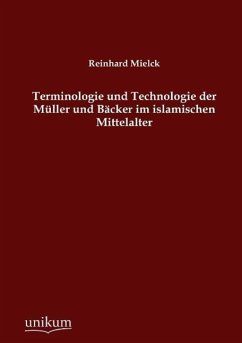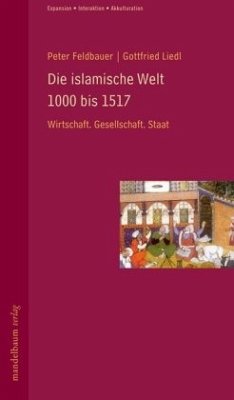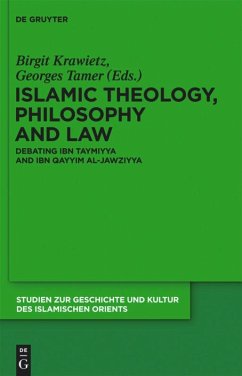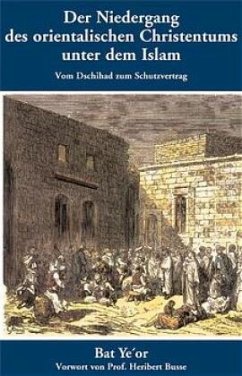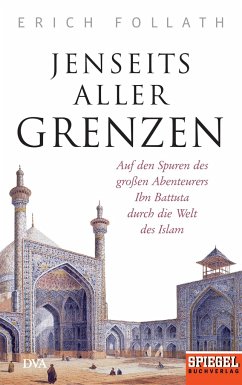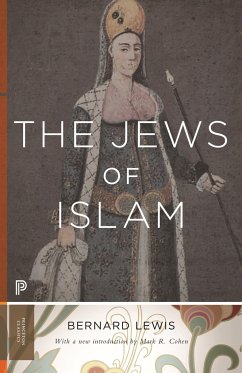
Marriage, Money and Divorce in Medieval Islamic Society
Versandkostenfrei!
Versandfertig in 1-2 Wochen
59,99 €
inkl. MwSt.
Weitere Ausgaben:

PAYBACK Punkte
30 °P sammeln!
High rates of divorce, often taken to be a modern and western phenomenon, were also typical of medieval Islamic societies. By pitting these high rates of divorce against the Islamic ideal of marriage,Yossef Rapoport radically challenges usual assumptions about the legal inferiority of Muslim women and their economic dependence on men. He argues that marriages in late medieval Cairo, Damascus and Jerusalem had little in common with the patriarchal models advocated by jurists and moralists. The transmission of dowries, women's access to waged labour, and the strict separation of property between...
High rates of divorce, often taken to be a modern and western phenomenon, were also typical of medieval Islamic societies. By pitting these high rates of divorce against the Islamic ideal of marriage,Yossef Rapoport radically challenges usual assumptions about the legal inferiority of Muslim women and their economic dependence on men. He argues that marriages in late medieval Cairo, Damascus and Jerusalem had little in common with the patriarchal models advocated by jurists and moralists. The transmission of dowries, women's access to waged labour, and the strict separation of property between spouses made divorce easy and normative, initiated by wives as often as by their husbands. This carefully researched work of social history is interwoven with intimate accounts of individual medieval lives, making for a truly compelling read. It will be of interest to scholars of all disciplines concerned with the history of women and gender in Islam.






